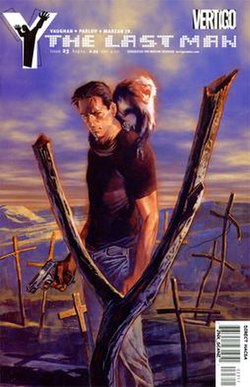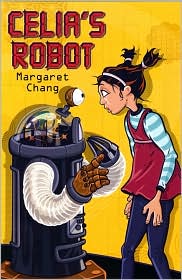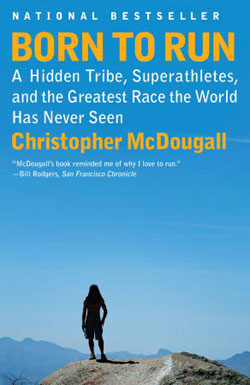
An
author I
stalk follow on the internet started hosting a
permanent floating YA diversity book club, so I amiably ordered my library to deliver the first book to me, and then managed to read it on time (given my library habits, this is a strong achievement).
Scott Tracey's
Witch Eyes
sounded great -- a boy with magic eyes (I love magic eyes) goes home to face feuding families (I love feuds) while finding his true love (OK, I can handle teen love). And his true love is another boy, which should be fun.
It even has two hot love interests, although our hero Braden quickly focuses on the correct one, the one in the opposing feudal family (the other one is a werewolf type, who I hope does not fall in love with Braden's child in book four). Unfortunately, Braden's first person account kept annoying me too much to really appreciate the book. I find that if a main character is going to constantly make what I find to be really dumb moves, it's better for me to read about it in the third person so I can make excuses for him. When he decided to raise the town founder from the dead so she could answer a few questions, I pretty much gave up on him. OK, his plan did end up getting him his first kisses from his boyfriend, but that was just dumb luck.
The romance was OK; I was judging it against Bella of Twilight fame, so my standards were low, but it was fun watching Braden fumble about with Trey, and it was cute when Trey's sister started frantically matchmaking for them. Braden kept the secret about his family for a fairly long time, and since I had already established that I thought the boy was as dumb as a post it seemed a reasonable move for him. I never did get a real sense of what the witch eyes could do; Braden's powers seemed to ebb and grow depending on what the plot needed rather than on what he expected to do or what he had done in the past.
I'm going to try this book on my middle school son; maybe he can bring me to a better appreciation. Otherwise I probably won't try to hunt down more in the series.
Update: My son gives this book much higher marks, especially in terms of Braden's agency and intelligence. X pointed out triumphantly an earlier trip to the library -- raising a witch from the dead wasn't Braden's FIRST idea, just his second choice. X liked the various mysteries, and how Drew and Trey played into them. He also pointed out that Braden didn't really have a choice of two hotties, since Drew isn't gay. I asked him point blank if the gay protagonist bothered him, and he looked started at the question; he doesn't like it when characters fall in love at all, but the gender of the love interest is irrelevant. And Braden ran about fighting enough demons and bad magic that a few kisses can be overlooked. I am instructed to keep my eye out for future books.
I highly suspect my critical eye towards first person teen narratives reflects my personal fears for my kid as he enters these teen years; it is much more painful for me to see kids making (dumb, i.e. appropriate) mistakes. My boy has boundless self confidence and no worries about his looming adolescence. Also, I have already warned him about trying to raise anyone from the grave unless he's tried at least THREE alternate means of getting the information he needs.
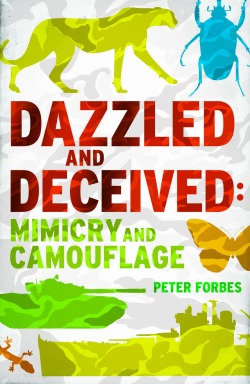 How does camouflage work, and who invented it? Is a history of camouflage a military history or a Darwinian narrative of biology and genetics? Well, if Peter Forbes writes that history (which he did in Dazzled and Deceived: Mimicry and Camouflage), it's both.
How does camouflage work, and who invented it? Is a history of camouflage a military history or a Darwinian narrative of biology and genetics? Well, if Peter Forbes writes that history (which he did in Dazzled and Deceived: Mimicry and Camouflage), it's both. 
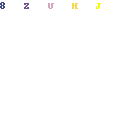


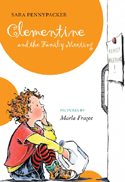

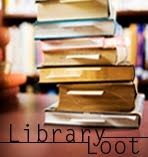


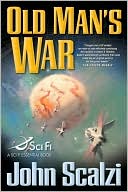

 E. Nesbit wrote some great books about groups of children, usually siblings, who find magic in their everyday world (a carpet, a creature in the sand pit) and then have adventures which usual ending untidily. The kids then have to deal with awkward interactions with adults who don't want to hear "magic" as part of any explanation. I love those books.
E. Nesbit wrote some great books about groups of children, usually siblings, who find magic in their everyday world (a carpet, a creature in the sand pit) and then have adventures which usual ending untidily. The kids then have to deal with awkward interactions with adults who don't want to hear "magic" as part of any explanation. I love those books.

